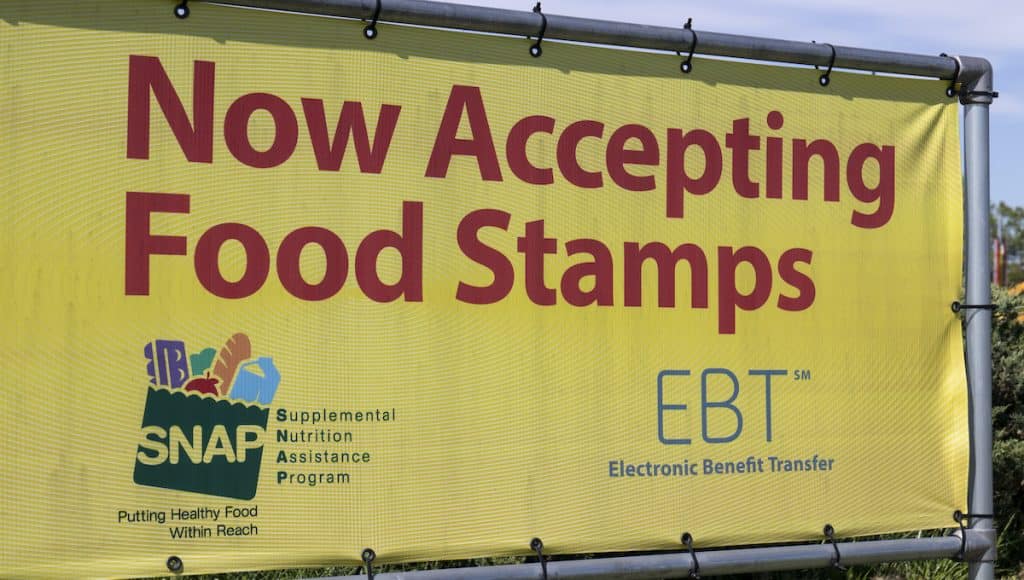In a significant shift that could impact millions, lawmakers in several states are pushing for tighter restrictions on the Supplemental Nutrition Assistance Program (SNAP), widely known as food stamps. These proposals aim to modify eligibility criteria and introduce new requirements for recipients, potentially reducing access to vital food assistance for numerous American families.

In Arizona, two pivotal bills, House Bill 2502 and House Bill 2503, are steering the conversation. The former mandates participation in employment and training programs for able-bodied individuals aged 18 to 60, while the latter seeks to eliminate work requirement waivers for those between 18 and 52 without dependents. Spearheaded by Republican Leo Biasiucci, these bills recently cleared the Arizona Senate Health and Human Services Committee but have ignited a fierce debate between parties. While supporters argue the move combats fraud and encourages self-sufficiency, opponents label it as a direct attack on the impoverished, with concerns it may particularly harm rural communities.
The controversy isn’t confined to Arizona. Similar legislative efforts are underway in Kentucky, Maryland, Nebraska, and West Virginia, each with its own approach to reshaping SNAP. Kentucky’s House Bill 367 proposes stricter income and asset tests, potentially slashing eligibility. Maryland’s focus shifts to dietary restrictions, aiming to exclude unhealthy foods from SNAP purchases, a move critics argue could limit food choices for low-income families. In Nebraska and West Virginia, lawmakers are advocating for mandatory work and training programs for most able-bodied recipients, intending to address workforce shortages but raising concerns about the feasibility for those facing employment barriers.
These proposed changes signal a pivotal moment for SNAP, a program that currently supports over 40 million Americans in overcoming food insecurity. As the debate unfolds, the fate of these bills and their impact on vulnerable populations remains uncertain, underscoring a nationwide conversation about the balance between fostering independence and ensuring basic needs are met.



